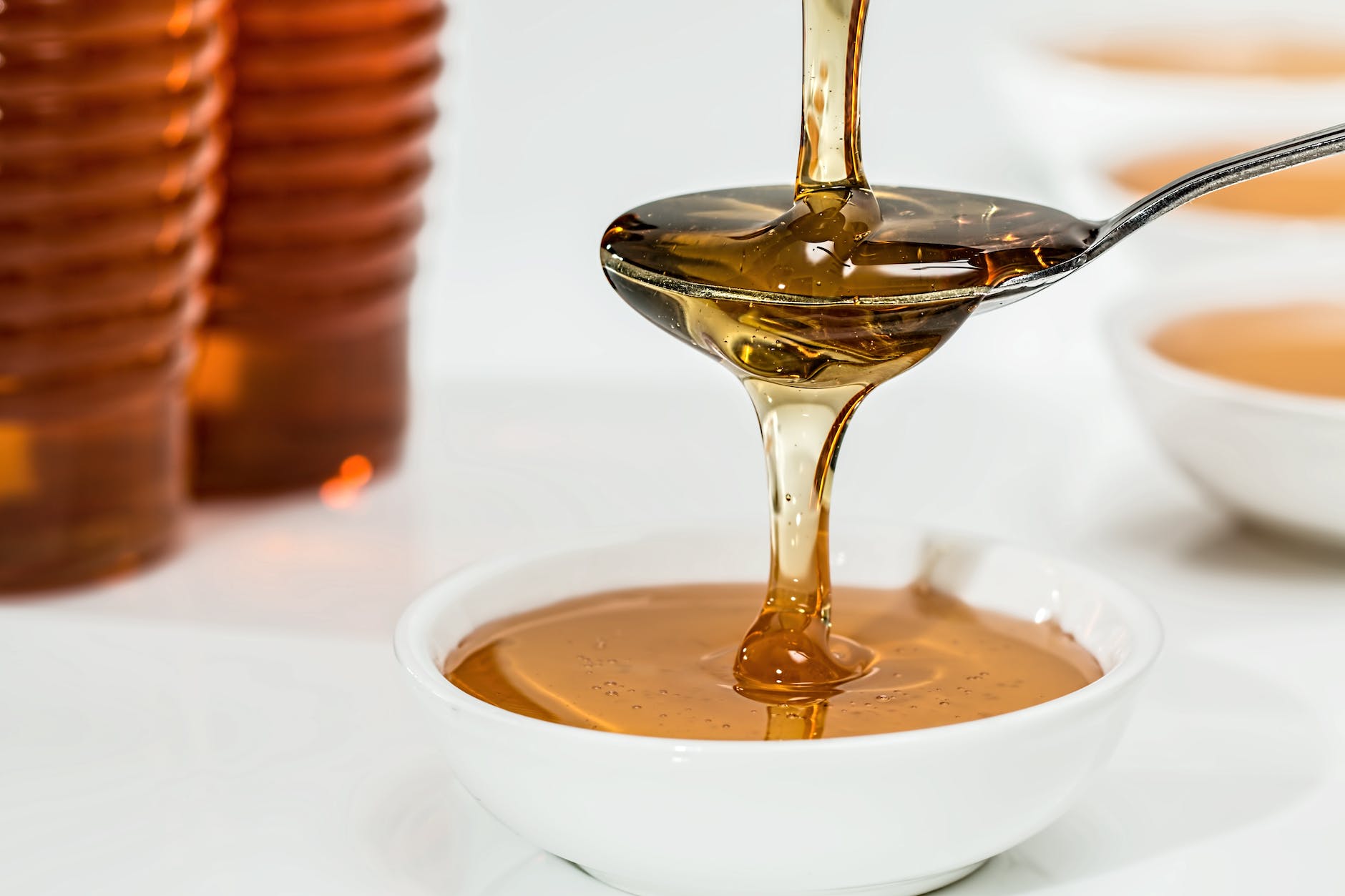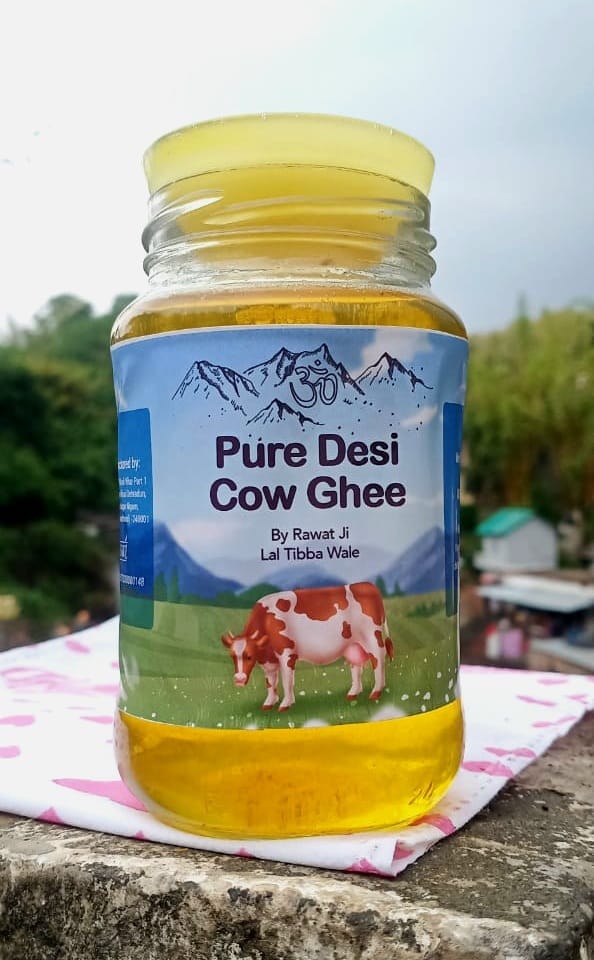
Unlock the Metabolic Powers of Ginger: A Comprehensive Guide
Introduction:
In the realm of natural health and wellness, ginger has emerged as a powerhouse of medicinal properties. This root, used worldwide in culinary and medical fields, is a potent ally for anyone looking to enhance their metabolic health. This comprehensive guide will explore the multifaceted benefits of ginger, offering scientific insight and practical tips for incorporating this superfood into your daily regimen.
Section 1: The Metabolic Benefits of Ginger
The Science Behind Ginger and Metabolism:
Ginger is rich in gingerol, a bioactive compound that exhibits anti-inflammatory and antioxidant properties. According to a study published in the Annals of the New York Academy of Sciences, gingerol positively influences various metabolic syndromes, including obesity.
Key Benefits:
- Boosts Metabolism: Ginger enhances thermogenesis, leading to increased calorie burn.
- Regulates Cortisol: Ginger helps regulate cortisol production, a hormone that can lead to weight gain when unbalanced.
- Increases Energy Expenditure: Consuming ginger can lead to a notable increase in energy expenditure, aiding weight loss efforts.
Section 2: How Ginger Affects Weight Loss
The Weight Loss Connection:
Ginger’s ability to enhance feelings of fullness and reduce hunger pangs makes it a valuable ally in weight management. By incorporating ginger into your diet, you can naturally and effectively manage your weight, as highlighted by numerous studies and real-life testimonials.
Real-Life Testimonials:
Include stories of individuals who have successfully used ginger to aid in weight loss and metabolic enhancement, offering readers relatable and achievable goals.
Section 3: How to Incorporate Ginger into Your Diet
Practical Tips and Recipes:
- Ginger Tea: Start your day with a warm cup of ginger tea, a refreshing beverage that boosts your metabolism and aids digestion.
- Ginger in Meals: Add fresh or powdered ginger to your meals for a flavorful and healthy twist.
- Ginger Smoothies: Blend ginger with your favorite fruits for a nutritious and metabolism-boosting smoothie.
Different Forms of Ginger:
Explore the benefits and uses of various forms of ginger, including fresh ginger, ginger powder, and ginger extracts, each offering unique health benefits.
Section 4: Precautions and Considerations
Side Effects and Considerations:
While ginger is generally safe for consumption, it’s essential to consider potential side effects, especially for individuals on certain medications or with specific health conditions. Always consult a healthcare professional before making significant dietary changes.
Conclusion:
Embrace the transformative metabolic benefits of ginger by incorporating it into your daily diet. Its natural properties not only enhance your metabolic health but also contribute to overall well-being, making it a must-have addition to your nutritional arsenal.
FAQs:
Q1: How does ginger boost metabolism?
A1: Ginger enhances metabolism by increasing the body’s calorie burn and promoting thermogenesis, thanks to its active compound, gingerol.
Q2: Can ginger aid in weight loss?
A2: Yes, ginger aids in weight loss by reducing hunger, enhancing feelings of fullness, and boosting the body’s metabolic rate.
Q3: How can I include ginger in my diet?
A3: Add ginger to teas, smoothies, and meals. Explore various recipes and forms of ginger for maximum health benefits.
Blog Tags:
Ginger, Metabolism, Weight Loss, Natural Remedies, Health Benefits, Dietary Tips, Ginger Recipes, Metabolic Boost, Ginger Intake, Glycemic Control, Lipid Profiles, Anti-Inflammatory, Antioxidant Properties
Again, I apologize for any frustration caused, and I’m here to assist you with any further requests or modifications to the blog post.












